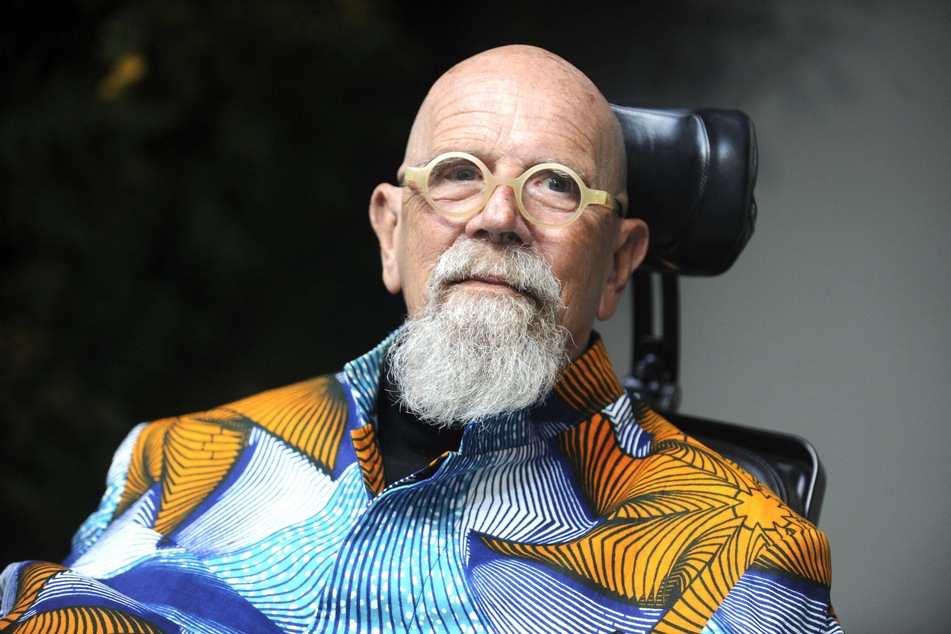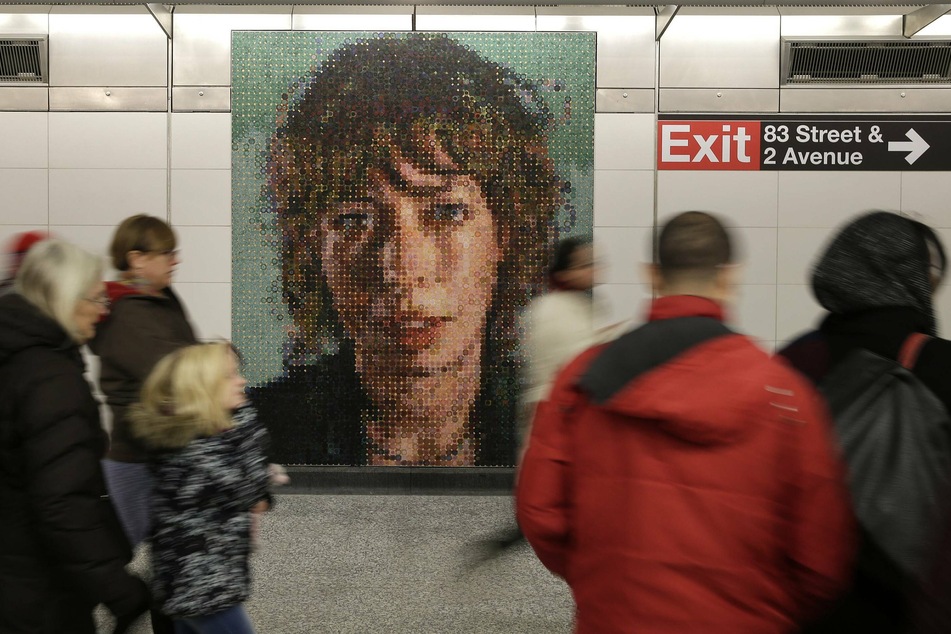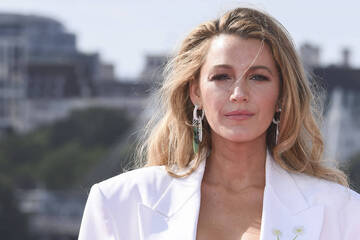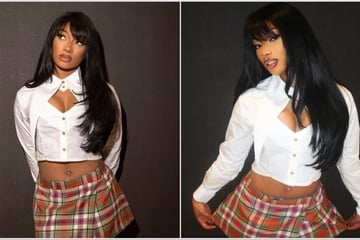Chuck Close, renowned photorealist painter, has died
Oceanside, New York – Chuck Close, the artist whose giant photorealist paintings entranced viewers, died on Thursday. He was 81.

Close died at a hospital in Oceanside, his lawyer John Silberman confirmed. His cause of death was not announced.
In 2017 and 2018, multiple women who had worked with Close said he harassed them while on the job, and at least one of his exhibitions was canceled as a result.
Close apologized, saying, "If I embarrassed anyone or made them feel uncomfortable, I am truly sorry."
Close’s work appeared throughout the five boroughs, from subway stations to tony art installations.
"It’s really no different from having a show in a gallery or a museum," he said in 2017 of his subway art.
In 1988, Close suffered a spinal artery collapse, which left him partially paralyzed. He continued to paint, using a wheelchair for the rest of his life. Always a frank man, Close framed the continuation of his career as an inability to adapt.
"It shows how narrow I am," he told The New York Daily News in 1999. "I had no other skills to fall back on."
But Close’s "one skill" got him into museums worldwide and earned him the admiration of patrons and artists. His Big Self-Portrait catapulted his career of creating giant paintings of himself and others. Close said he preferred to paint friends and other less recognizable people.
The giant works were indistinguishable from photographs when viewed from a distance, or in miniature in catalogs, but their detail came alive when viewed up close. Close said he deliberately made things harder on himself.
"Ease is the enemy of the artist," Close said in 1999. "When you no longer feel resistance, it’s too easy to just 'perform.' I always change the variables."
Close accused of harassing several women

Close was born July 5, 1940, in Monroe, Washington, a small city about 25 miles northeast of Seattle. He attended art school at the University of Washington before getting a master’s degree at Yale.
The Big Self-Portrait was his first major sale in 1969, to be followed by several more self-portraits and paintings of others. His "big" paintings became fixtures in galleries across the world.
In New York, Close’s art also appeared in unconventional locations, most famously 86th Street station on the Upper East Side. He particularly enjoyed when his works were added to taxi toppers.
"I think it looks pretty cool. Eyes floating down the street," he told the New York Daily News in 2011. "You’re not even sure what you’re looking at. I hope it piques their curiosity: Why is it there?"
After years of creating paintings so refined that people thought they were pictures, Close began taking professional photographs himself, including nudes of men and women.
In December 2017, four women told The New York Times and HuffPost they were harassed by Close while posing for such photos, saying he made lewd comments and surprised them with the requests to pose nude. In January 2018, four more women made similar allegations.
"I never reduced anyone to tears, no one ever ran out of the place," Close told the Times in 2017. "If I embarrassed anyone or made them feel uncomfortable, I am truly sorry, I didn’t mean to. I acknowledge having a dirty mouth, but we’re all adults."
One woman said she had worked with nude models before and Close’s conduct crossed the line.
"I knew the experience those nude models got," she told art publication HyperAllergic. "They knew when they arrived that they were going to model nude. With Chuck Close, it was never even disclosed until it was he and I alone in the studio."
The National Gallery of Art in Washington DC had been scheduled to exhibit Close’s work at the time, but pulled the exhibition after the allegations were reported.
Cover photo: IMAGO / Future Image

